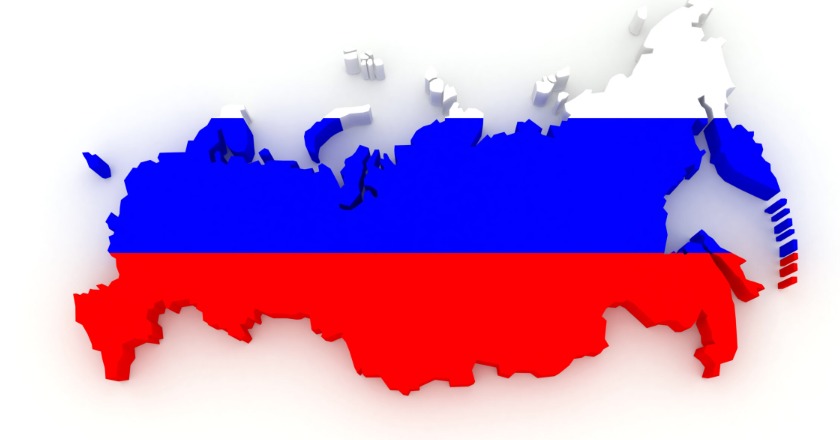Russian cheese production is estimated to have quadrupled since the 2014 food embargo. However, there is a general perception that despite this strong growth, Russia has not been able to fully replace European cheese, which was very popular in the country before the sanctions. This is partly due to the insufficient quality of the milk, but mainly to the lack of appropriate technologies and the high investments required. However, further development prospects seem uncertain, as demand on the domestic market is largely limited by current poverty.
Russian cheese consumption is still low compared to countries with other economies, at 9.4 kg per capita, in addition to 1.8 kg of similar products made with vegetable oils. Consumption of these products began to increase in 2014 as a result of declining purchasing power and at times accounted for 30% of demand. However, their popularity declined after the government introduced new labelling regulations and mandated that imitations be sold separately from cheese on the shelves.
In 2021, the dairy sector saw higher costs for feed, most of which is made in China, equipment and spare parts, and packaging materials, the price of which rose by 45 % last year. The new labelling requirement for dairy products introduced in July 2021 has also caused difficulties for processors.
There is also the demographic problem: according to the state statistics office Rosstat, Russia’s population fell by more than one million people last year, a record since the end of the Soviet Union. The main problem with cheese consumption, however, is likely to be the poor economic situation, because according to Rosstat, 17.8 million Russians, or 12.1% of the population, live below the official poverty line of $154 per month. No less than 60 % of Russians spend half their income on food, and almost 96 % are affected by rising food prices.
The invasion of Ukraine and the resulting international sanctions are expected to significantly exacerbate the poverty problem. The financial restrictions are likely to significantly reduce cheese imports from Switzerland, Argentina and Uruguay, the main supplier countries besides the countries of the Commonwealth of Independent States, led by Belarus.



